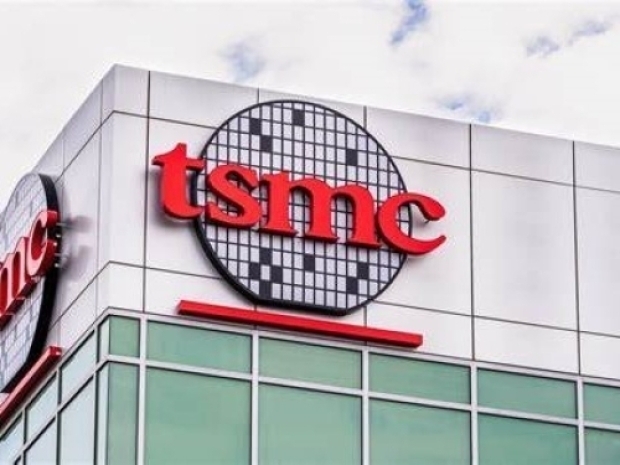In its latest annual report, the €484 billion (US$514 billion) juggernaut said its position in the semiconductor supply chain inherently limits its visibility over where and how its products are ultimately used. Even when TSMC plays by the rules, chips can still end up powering hardware in places Washington would rather they didn’t.
"Despite TSMC’s best efforts to comply with all relevant export control and sanctions laws and regulations, there is no assurance that its business activities will not be found incompliant with export control laws and regulations," TSMC said.
In October, tech analysts at TechInsights tore down a Huawei AI accelerator and found Nvidia silicon manufactured by TSMC humming inside. The chip was meant to be off-limits, but someone in the chain clearly missed that memo. TSMC flagged it to US authorities and said it’s cooperating with investigations, but made it clear it can’t guarantee these leaks won’t happen again.
“If TSMC or TSMC’s business partners fail to obtain appropriate import, export or re-export licenses… TSMC may also be adversely affected,” the report warned. That means more than just fines and awkward questions—it could include full-blown government probes and a PR mess.
Complicating things further, the latest trade tantrum threatens to slap sweeping new tariffs on semiconductors and tech gear headed into the US. That could gut demand and slam costs, dragging TSMC’s “tariff-proof” reputation through the mud. The company said it's bracing for a billion-dollar hit to the industry if the tariffs go ahead, which Trump hinted could be announced any day.
Beijing is also clamping down on access to key raw materials, which TSMC says could spike manufacturing costs. In a worst-case scenario, export control expansions, sanctions, or straight-up bans could reshape global chip supply chains overnight, choking demand and freezing production pipelines.
Despite all this, TSMC insists its core operations haven’t yet been materially affected. But with AI demand booming and both sides of the Pacific trying to throttle each other’s access to chipmaking firepower, it’s walking a geopolitical tightrope with no safety net.

